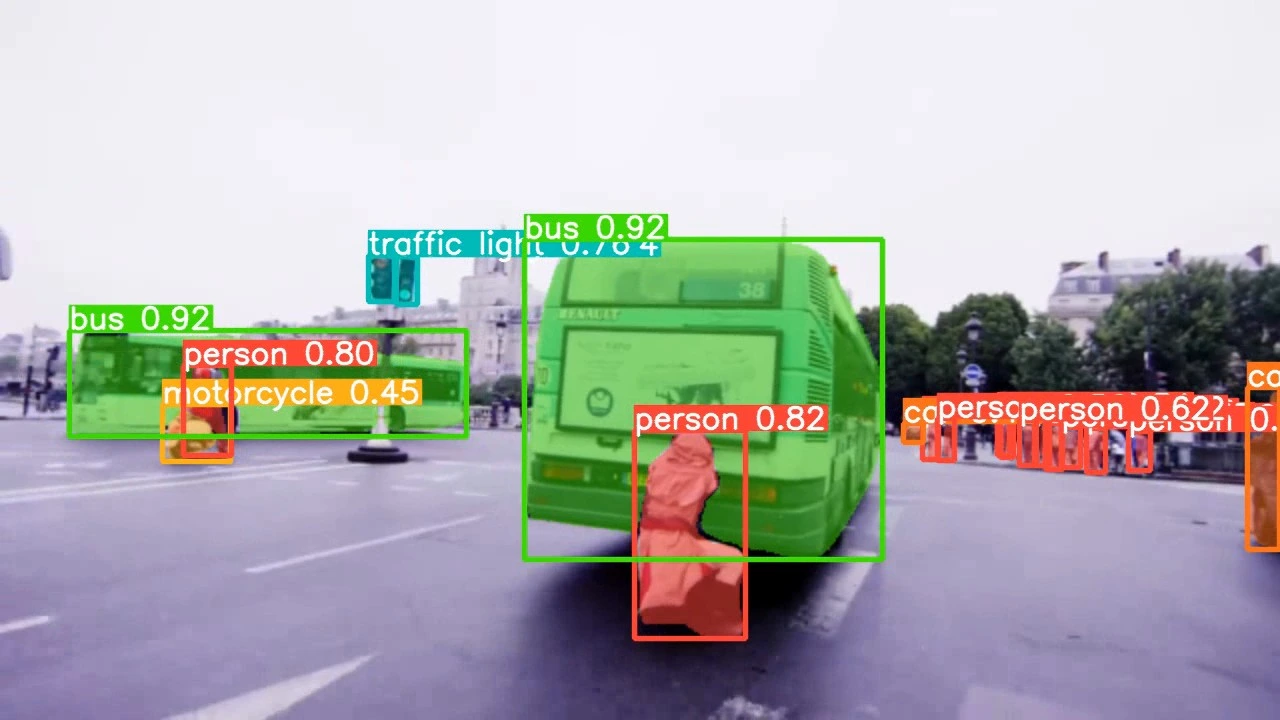Digital Transformation it means creating a new connective tissue through data.
This term means, more generically, the digital transformation of private and public companies, through the application of digital tools and technologies useful for carrying out normal work.
However, this does not simply mean inserting technologies into a pre-existing work process: digital transformation implies one process redesign and the introduction ofindustrial automation, to which is also added the development of new products and services enabled by digitalisation.
For businesses, the new paradigm of digital transformation, which is constantly revolutionizing the way of doing business, can therefore become enormous growth opportunities.
It means, to grasp the emerging needs of customers in advance, improve the work experience of collaborators and be timely in the development of new products/services.
Artificial intelligence, Big Data, Machine Learning, Internet of Things and Cognitive technology are just some of the technologies at the center of Digital Transformation.
Below, however, we want to focus on the first of the technologies mentioned, AI, adding, subsequently, a second aspect which is fundamental for the implementation of the Digital Transformation process in a company: the System Integration.
Artificial intelligence
L'Artificial intelligence (AI) plays a crucial role in the digital transformation of businesses.
Furthermore, AI is now part of everyday life and is the protagonist of many of the changes that are taking place in healthcare, work, industry, finance and beyond, generating innovation, enriching personal experiences and developing individual capabilities.
Precisely in light of this scenario, therefore, it is easy to understand how AI represents one of the main implementing tools of the ongoing digital transition.
This, in application to machines, can be more simply understood as the ability to emulate human capabilities, such as reasoning, learning, planning and even creativity.
However, we talk about AI both in the software field, referring to specific programs that allow actions to be performed and results generated, and in terms of intelligence incorporated into objects (just think of drones or robots).
Applications and benefits of AI
Artificial Intelligence, as we were saying, is an integral part of everyday life.
In fact, today we have numerous applications available that use artificial intelligence: just to give the most common examples, there is AI in personal digital assistants present in computers and smartphones, as well as in devices IoT (Internet of Things) which can be managed remotely.
From a business perspective, the advantages of using systems and machines equipped with AI lie first and foremost in the possibility of save time and therefore money, increasing economic income.
The machines can in fact work 24 hours a day, 7 days a week and are able to relieve workers from "dirty" or dangerous tasks. You can also rely on us to report important events promptly and on time, even in the middle of the night, or to provide chat support to customers at any time of the day.
From this point of view, it is important to understand the ability of an Artificial Intelligence to analyze huge amounts of data, in time spans of a few moments and, often, in real time.
Thanks to this they are therefore able to make immediate and precise decisions.
AI can, again, absorb repetitive activities, automating routine work and resulting in evident savings in time and energy.
Process automation also means reduction of errors, which entails clear economic savings for businesses.
Thanks to its ability to collect and process data, an AI can then provide business insights through the analysis of information.
In this way, an Artificial Intelligence is also able to provide accurate predictions on future results, based on historical data.
AI is in fact a technology that supports the business with predictive analytics which, through the analysis of data provided by statistical algorithms and techniques Machine Learning (ML), identify the probability of future events.
A competitive advantage that also has repercussions on the creation of better and tailor-made products and services for its customers.
Artificial Intelligence solutions have advantages both for companies, in the strictest sense, and for their customers. In fact, they manage to guarantee a real personalization of the experience contact between company and customer, 24/7 assistance.
System Integration
Let's now talk about System Integration. One of the most important aspects regarding present and future corporate life.
The importance of systems integration lies in the ability to ensure that any company, of any size, has one greater productivity and quality of operations industrial.
Integrated systems, in fact, allow you to increase the speed of information flows and reduce operating costs, as well as promoting the connectivity necessary to overcome other software or hardware challenges, associated with such flows.
Systems integration allows this automatic exchange of information consistent across different systems.
More simply, systems integration can be defined as the process of integrating all the physical and virtual components of the entire business system, where physical components mean the various machine systems, computer hardware and any automated shelves, while virtual components are made up of data stored in databases, software and applications.
But it is worth underlining that system integration plays a fundamental role within a company also because it facilitates communication between systems that do not normally communicate.
Integration ultimately ensures that all systems work together and in harmony to increase productivity.
Applications and advantages of IS
System integration is necessary both for B2B communication that for the internal company cooperation and allows the combination of multiple individual subsystems or subcomponents into a larger system.
It therefore allows subsystems to work together and, precisely for this reason, most organizations benefit from it to improve their efficiency.
Companies use numerous heterogeneous systems that operate independently and are often programmed with different programming languages. Systems integration, in this sense, serves as interpreter so that data can flow without interruption.
Thanks to it, therefore, companies can increase the speed of information flow and reduce operating costs.
But there is at least one other reason why system integration is fundamental.
Systems integration allows companies to update your tools, without having to give up or change all the others or interrupt the chain of connection.
The integration of systems, data and processes then makes the company more agile and efficient.
One of the key benefits is the ability to quickly deliver critical information to all systems, allowing the business to benefit from faster decision making.
The integration of systems and data, across departments and organizations, also fosters innovation.
IS solutions can, in this respect, provide access to useful information, streamlining the associated business processes.
The System Integrator
The creator of the integration of systems and processes is the System Integrator, which combines multiple elements such as hardware, software, networking and storage from various vendors, creating an integrated system for the customer.
It is he (individual or, more often, company) who coordinates the process that deals with implementing, planning, coordinating, scheduling, testing, improving this IT operation, bringing order to the complexity.
This is precisely one of the roles we can play thanks to service of System Integration Of Noitech.
In fact, our innovative Startup provides solutions capable of making devices communicate and interfacing different applications, creating a unique and personalized system capable of intertwining data and information that will become very useful business tools.






















